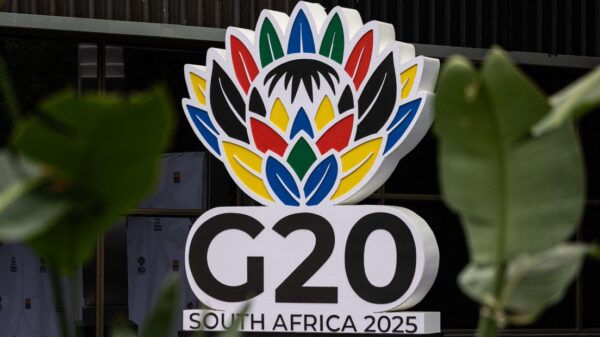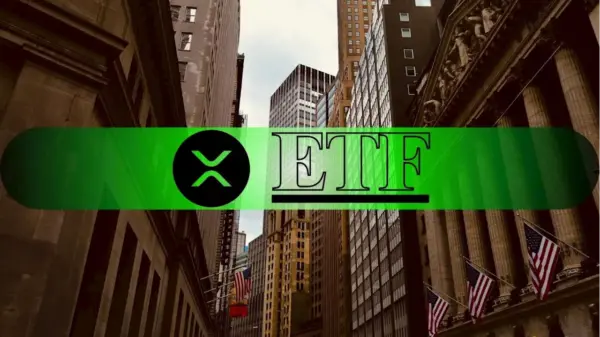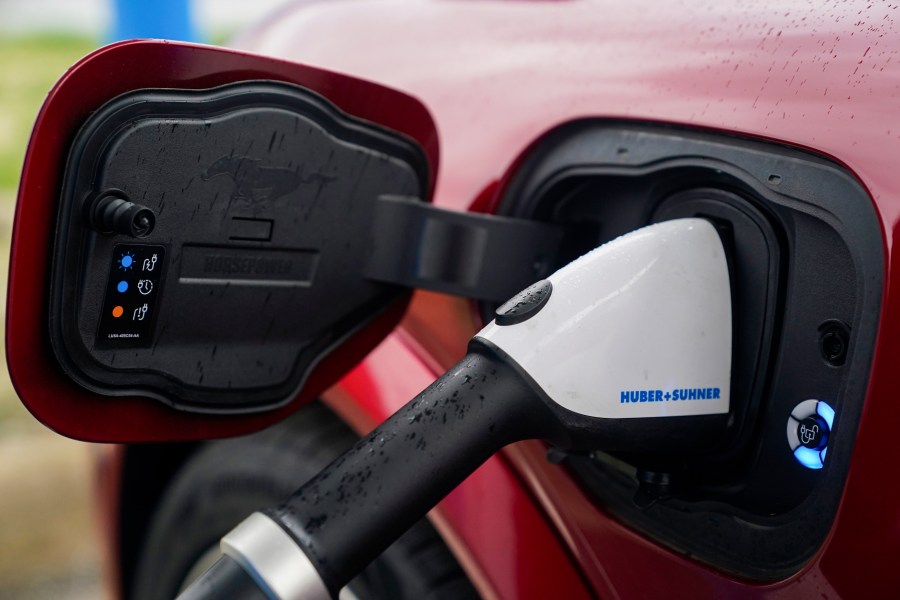The federal electric vehicle (EV) tax credit, offering up to $7,500, is set to expire on September 30, 2025. This impending deadline prompts buyers to act quickly to capitalize on significant savings and dealer incentives that are currently available. As dealerships strive to move inventory, a variety of attractive lease and finance offers are emerging, making this an opportune moment for potential EV buyers.
According to a survey conducted by Auto Pacific in 2025, 79 percent of prospective EV buyers are aware of the tax credit, with nearly one in three indicating that it is their primary motivation for purchasing an electric vehicle. Without this financial incentive, forecasts suggest that EV adoption could stagnate at approximately 8 percent through 2026 and only reach 12 percent by 2029, falling short of earlier expectations.
Current Offers and Opportunities
Currently, leasing options for electric vehicles are exceptionally favorable. For instance, the Volkswagen ID.4 can be leased for as low as $100 a month, comparable to a typical gym membership cost, given a modest down payment. Other models are also presenting competitive offers: the Chevrolet Equinox EV features leases around $249 per month, while the Honda Prologue ranges between $159 and $229. Additionally, Acura’s ZDX offers leases near $299.
Tesla is also adjusting its finance rates, allowing Model Y buyers to access 3.5 percent APR, while those purchasing a Model 3 can benefit from a 0 percent interest rate when bundled with driver-assist upgrades. Meanwhile, Polestar is providing incentives of up to $15,000 off the Polestar 3, which exceeds the value of the federal tax credit.
The Future of EV Adoption
As consumers explore these favorable leasing and financing options, the prospect of losing the tax credit looms large. The expiration of the EV tax credit may hinder the growth of electric vehicle adoption just as technology is gaining traction. Vehicles like the Ford F-150 Lightning showcase the potential of EVs, offering a blend of strength, utility, and innovation. Yet, the risk remains that the financial incentives necessary for widespread adoption could vanish.
Auto Pacific has cautioned that without prompt action from policymakers or adjustments from automakers to absorb costs, the future of affordable electric vehicles could be bleak. The current deals present a unique opportunity, but for those hesitant about EV infrastructure or concerned about charging availability, waiting might feel prudent, albeit potentially more expensive in the long run.
As the September deadline approaches, consumers are encouraged to weigh their options carefully and consider the long-term implications of their decisions. The combination of the EV tax credit and current dealer incentives could make a substantial difference in the affordability of electric vehicles.




































































